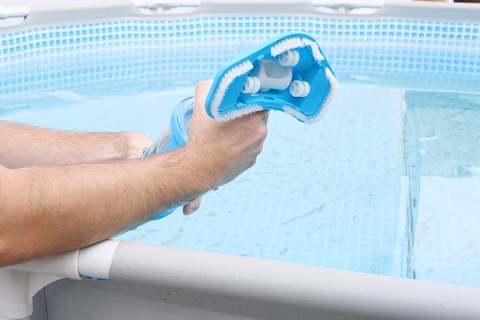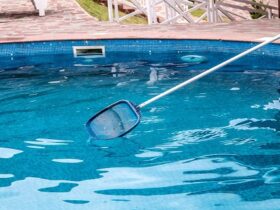Welcome to our comprehensive guide on the use of bleach in pools. At [Your Company Name], we understand the importance of maintaining a clean and safe swimming environment for your family and guests. In this guide, we will explore the cost-effectiveness and potential risks associated with using bleach in pools.
Understanding the Role of Bleach
What is Bleach?
Bleach, typically containing sodium hypochlorite, is a common household disinfectant known for its powerful antimicrobial properties. When added to water, bleach effectively kills bacteria, viruses, and algae, making it a popular choice for pool owners aiming to maintain water clarity and hygiene.
Cost-Effectiveness of Bleach
One of the primary advantages of using bleach in pools is its cost-effectiveness. Compared to other pool sanitization methods, such as chlorine tablets or liquid chlorine, bleach is often more affordable and readily available. Pool owners can purchase bleach in bulk, reducing overall maintenance expenses.
Benefits of Using Bleach in Pools

Effective Disinfection
Bleach offers effective disinfection capabilities, ensuring that pool water remains free from harmful pathogens. Its potent antimicrobial properties make it a reliable solution for killing bacteria, viruses, and other microorganisms that can thrive in swimming pools.
Versatility
Another advantage of using bleach is its versatility. In addition to its role as a pool sanitizer, bleach can also be used for shock treatments and stain removal. This versatility provides pool owners with a multi-purpose solution for maintaining water quality and clarity.
Accessibility
Bleach is widely available at supermarkets, hardware stores, and online retailers, making it easily accessible for pool owners. Unlike specialized pool chemicals that may require a trip to a specialty store, bleach can be purchased conveniently during routine errands.
Addressing Concerns: Is Bleach Safe for Pools?

Potential Risks
While bleach offers numerous benefits for pool maintenance, some concerns regarding its safety may arise. Improper use or overuse of bleach can lead to skin irritation, eye discomfort, and respiratory issues. Additionally, excessive bleach levels in pool water can damage pool surfaces and equipment.
Proper Dilution and Application
To mitigate potential risks associated with bleach, it is essential for pool owners to follow proper dilution and application guidelines. Diluting bleach according to manufacturer recommendations and ensuring thorough mixing can help prevent skin and eye irritation while maintaining effective disinfection.
Monitoring Chlorine Levels
Regular testing of chlorine levels is crucial when using bleach in pools. Pool owners should invest in a reliable pool testing kit to monitor chlorine levels and adjust bleach dosage accordingly. Maintaining optimal chlorine levels ensures that pool water remains safe and comfortable for swimmers.
Conclusion
The use of bleach in pools offers a cost-effective solution for maintaining water quality and hygiene. Its effective disinfection capabilities, versatility, and accessibility make it a preferred choice for many pool owners. However, it is essential to address potential risks and follow proper safety guidelines to ensure a safe swimming environment for all. By understanding the benefits and risks associated with bleach, pool owners can make informed decisions regarding pool maintenance.










Find Us on Socials